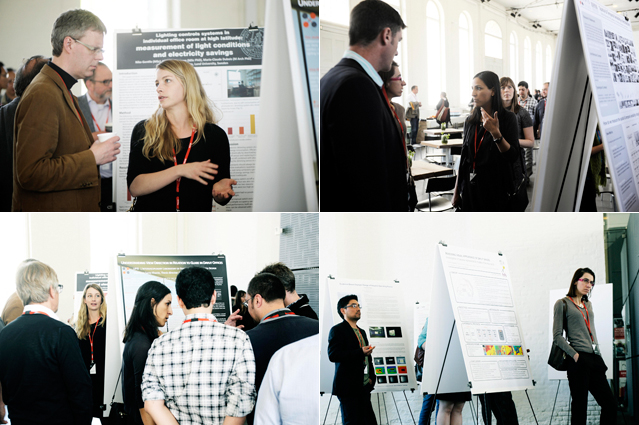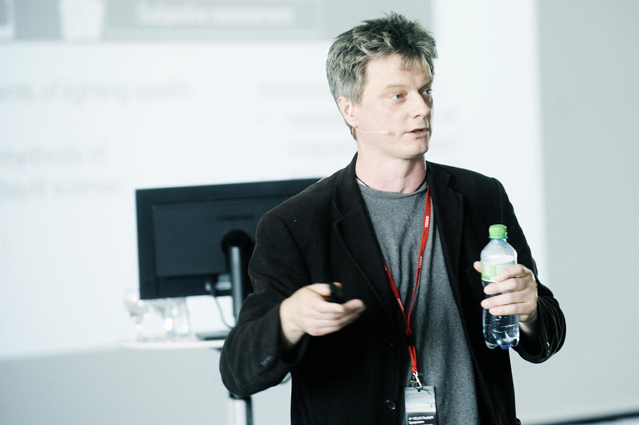
by Steve Fotios, University of Sheffield, UK
Life as a PhD student should be enjoyable. You are (or, should be) looking for the questions that have not yet been asked or answered. This can also make it a lonely life as your colleagues may not be studying the same topic as you so who do you turn to with questions? Of course, you can always ask your supervisor … but your supervisor’s knowledge is limited and is unlikely to be able to answer all questions.
Conferences should help, because you can present your work to others and they will ask difficult questions. But there are three major problems with typical conferences. First, discussion time after a presentation is often very brief, if available at all. I was frustrated during a recent conference when the session chairman spent several minutes of a 15-minute slot reading out the presenters extensive CV. Pointless. It is not the number of committees, distinctions and awards that matter but the quality of the research about to be presented. The presentation over-ran and there was no time for discussion. Second, conference presentations tend to be about results, rarely about the method that led to the results. But if the method is flawed, the results are meaningless, potentially misleading, and delay scientific progress. Third, conferences tend to be expensive. That is not a problem if you have industrial sponsorship, a well-funded scholarship or a kind supervisor, but for the many PhD students who do not then it is a serious problem. The rest of us could be missing out on some interesting work.
For some time I had plans to set up a research workshop for PhD students. There was a huge personal interest in this: I wanted my students to gain advice from others so that they were not hindered by my limited experience. This plan became a reality with the first Daylight Academic Forum, which focusses on daylight research, held in 2011 and the year after extended with LumeNet for broader lighting research.
Steve Fotios present the outcome of the first VELUX Daylight Academic Forum at the 2011 VELUX Daylight Symposium, Lausanne, 2011.
These events are designed to overcome limitations of conferences: (1) Each student has a (typically) one-hour session which is devoted mostly to critical discussion with invited senior researchers. (2) The focus is on the aims and methods of research, not the results. (3) We have been able so far to make these events free to attend. Of course we cannot do anything about travel and accommodation costs, but that’s the best we can do. For organisers, this is a tough challenge. I would like to see the industry, other than VELUX Group, directly supporting event for PhD students because industry, and in my case, the lighting industry will benefit from the better research.
As an attending student you will hopefully return home with new ideas. It might not always feel like that at the time, the criticism can be harsh. But is will be beneficial in the long term: it is better to find out about problems before you start an experiment than to find out from blind review when your paper is rejected for publication.
_______________________




